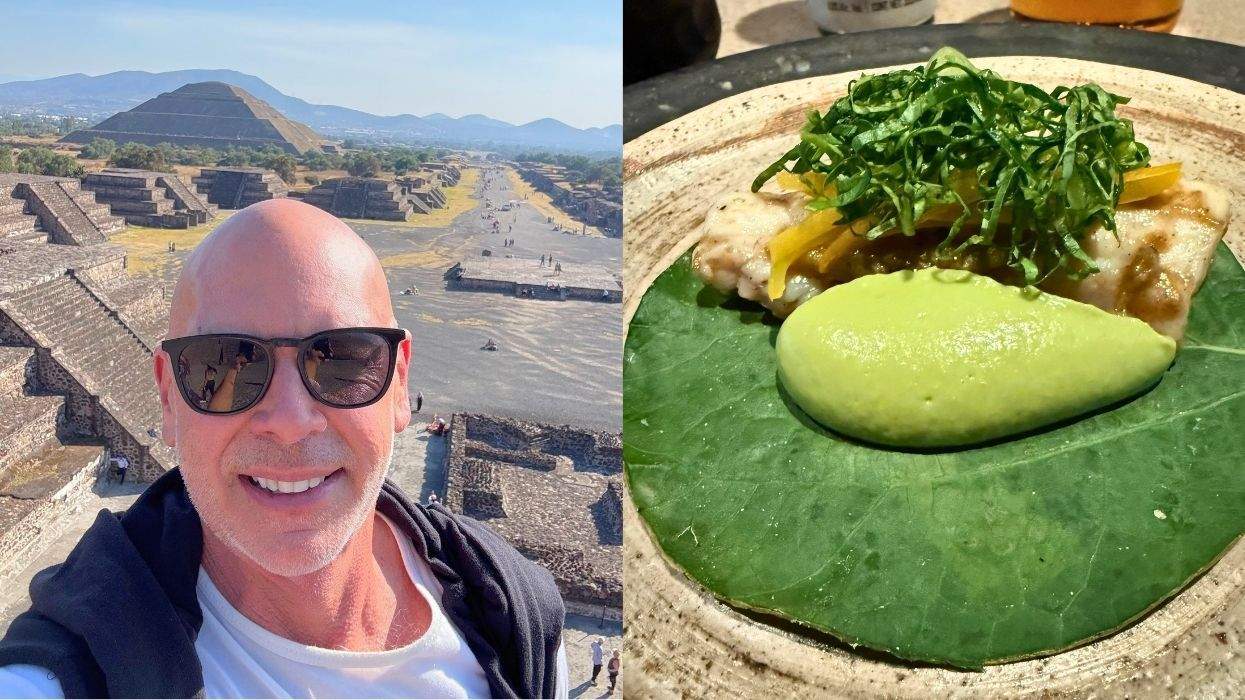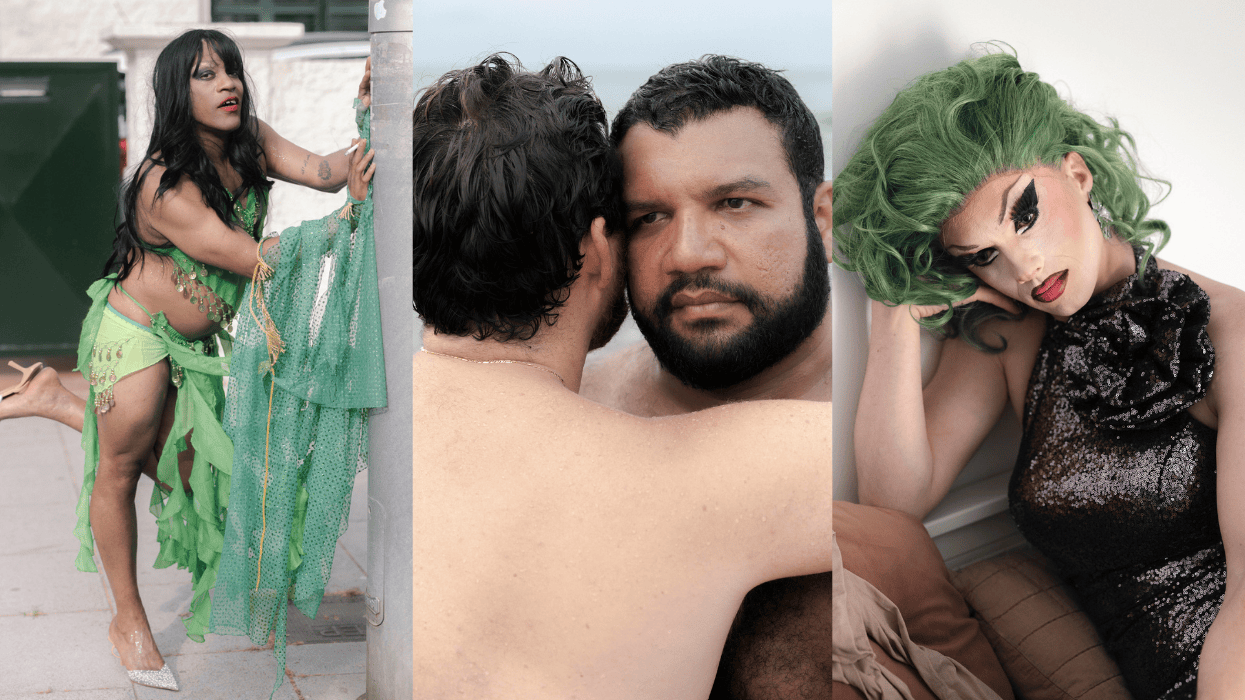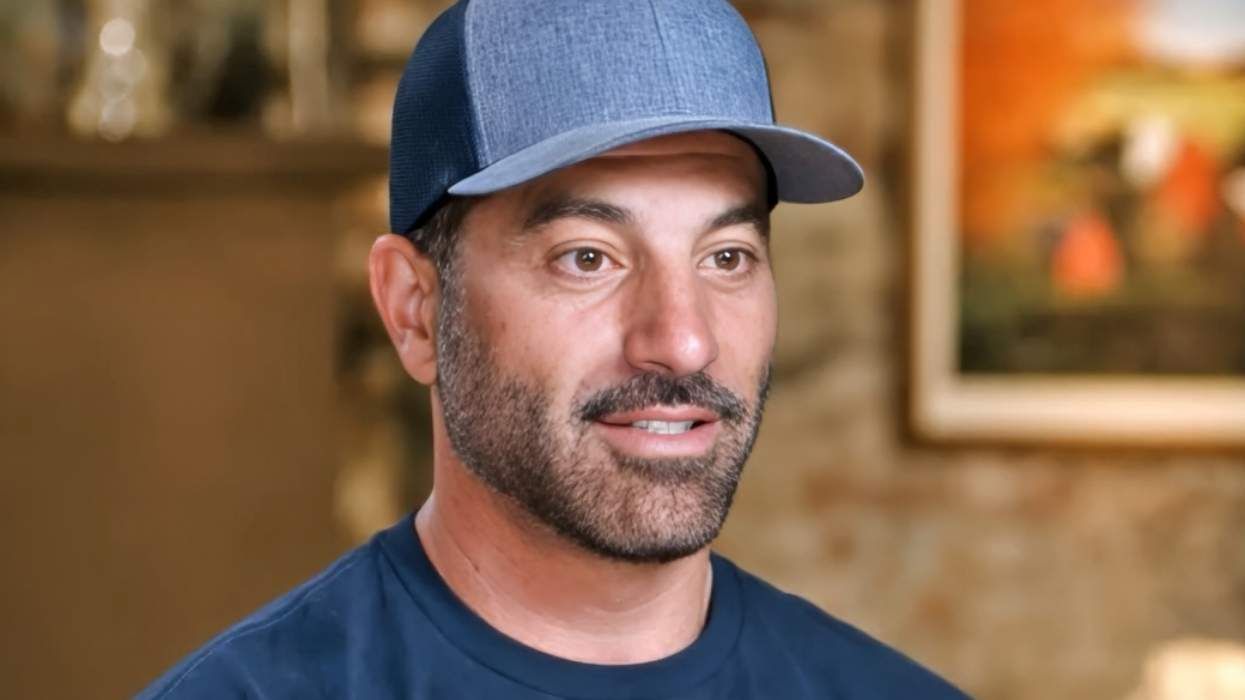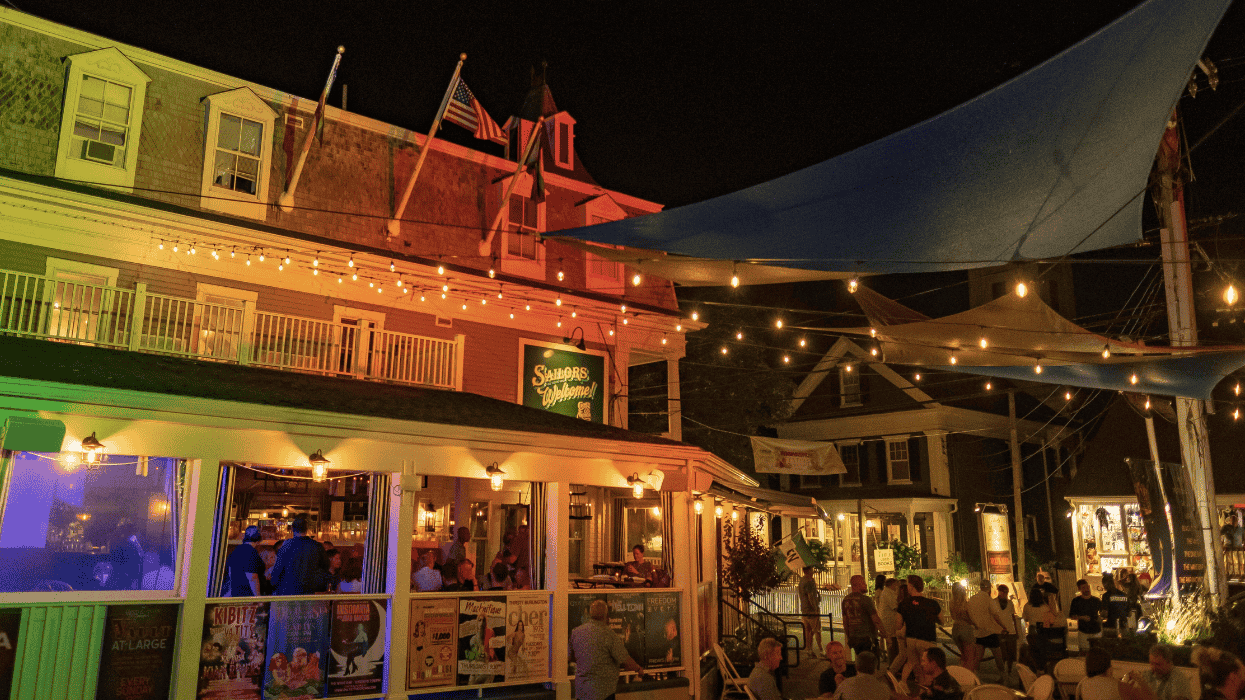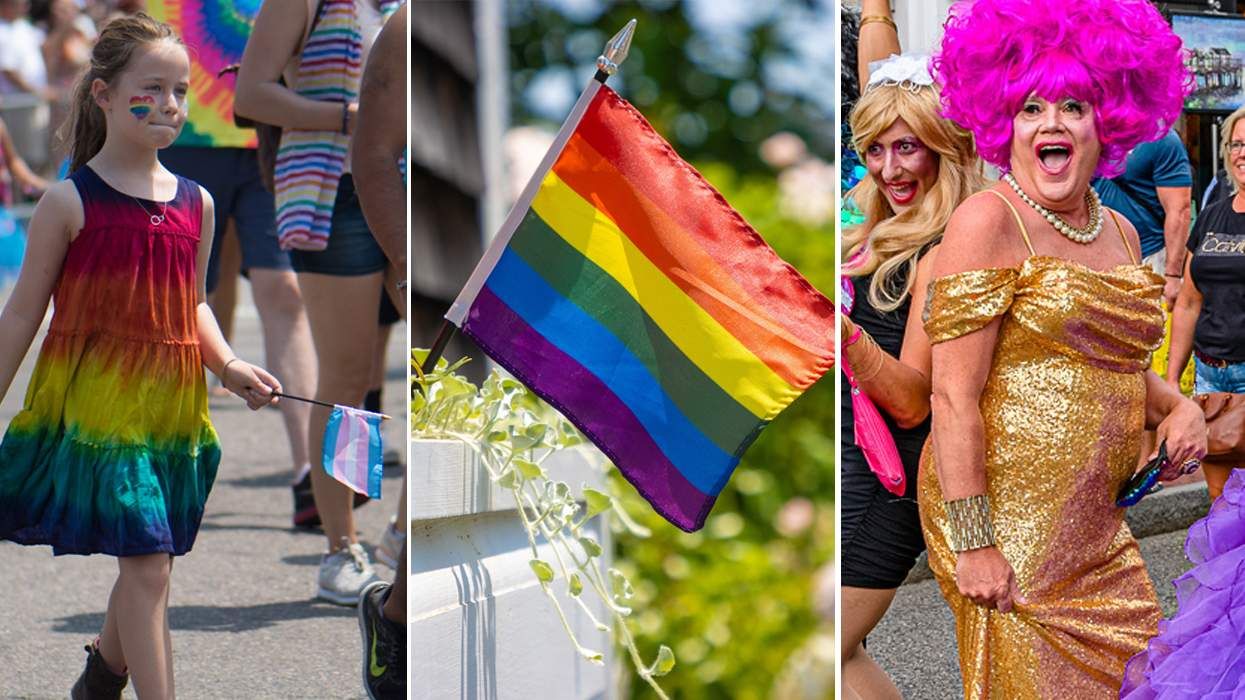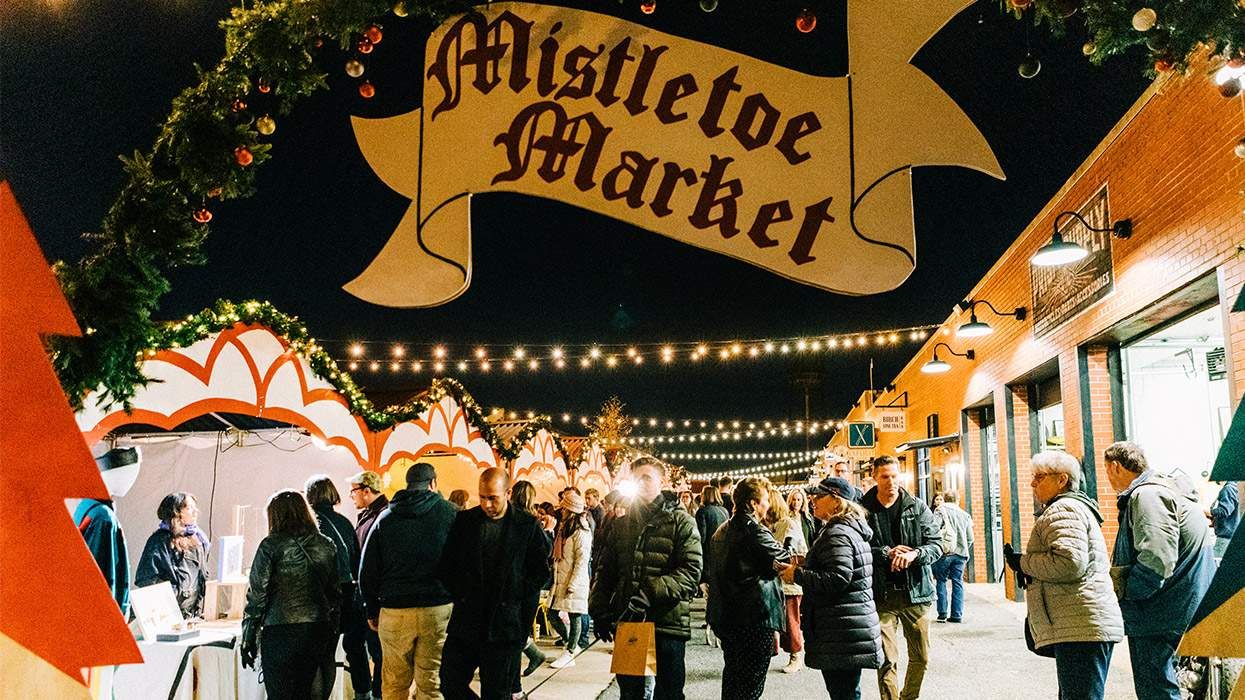Courtesy of Colangelo PR.
If protests aren't your thing, it can be easy to feel powerless in the current world order. But what if you could support social justice just by drinking a bottle of vino? That could be as simple as reaching for the South Africa shelf at your local wine store.
South African wine has a history that can be traced back to the first Dutch invaders of the 17th century, but it arrived on the global stage in the early 1990s, after the end of apartheid and the ensuing end of international boycotts against South African products. Like most of the fashions of the era, the wine's style was oversized and gaudy, with most vintners emulating the big, oaky California reds that now seem as passe as shoulder pads. Luckily, South African wineries have now dialed it back, and you can find elegant, lean reds--plus refreshing roses and the super-trendy white chenin blanc--from indie vineyards and big-business
producers alike.
And they've overhauled more than just their style. Thirty years ago, winemaking in South Africa was an outdated affair, run by white male owners who benefited from exploiting black agricultural workers. Today, two thirds of the Fair Trade-certified wine produced in the world comes from South Africa, and nearly 1,000 of its wineries are members of WIETA, a national organization that monitors for not only ethical labor practices but also environmentally sound ones.
One of these purveyors is Fairvalley, an offshoot of the massively successful Fairview winery that is 100% worker-owned and -operated. With the gift of 30% of Fairview's vineyards, Fairvalley has been turning out crisp chenin and earthy red pinotage since 1998, contributing profits to housing, education, and career development for its member-owners and their surrounding community.
The country is also championing women-owned businesses, a move that puts South Africa ahead of many old-world wine producers who have old-world attitudes about gender roles to boot. The newest of these is Tesselaarsdal, owned by Berene Sauls, a descendant of freed slaves who grew up near the vineyard's location. She says her first wine, a Burgundy-styled pinot noir that has just launched in the United States, is her way of "honoring my history and continuing my family legacy." It doesn't hurt that it's arriving on our shores with international critical acclaim to back it up.
Finally, an excuse to open that second bottle of the night.
Like what you see here? Subscribe and be the first to receive the latest issue of Out. Subscribe to print here and receive a complimentary digital subscription.









